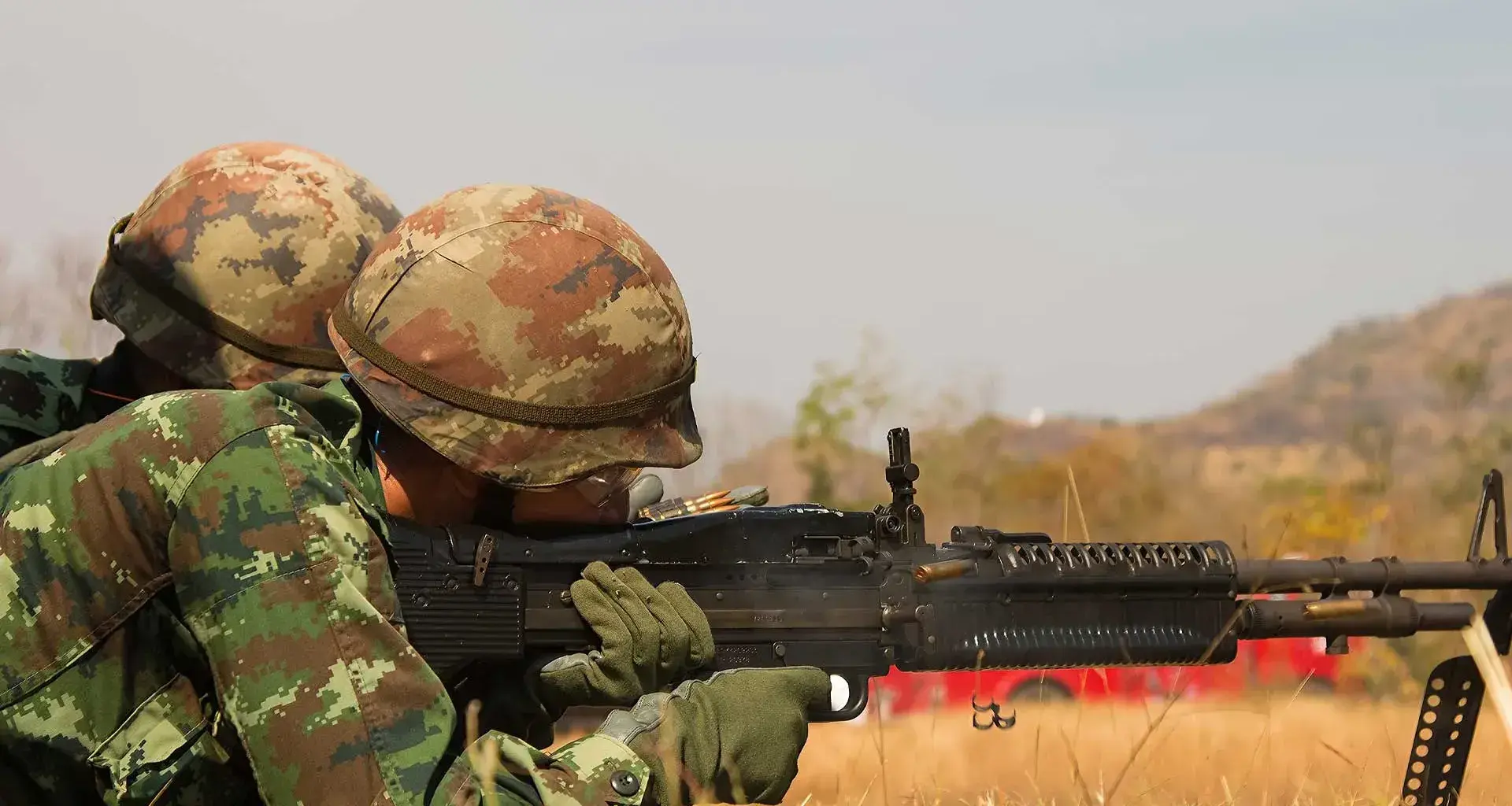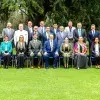A military conflict like the one between Russia and Ukraine has repercussions on children in the area because it is considered child abuse, according to Gabriela Garza, Director of Development and Tutoring at PrepaTec Metepec.
But, what about children who live far from the conflict and learn about it through conversations among their family or from what they hear in the media?
How do you explain this type of conflict to children when they ask questions? Here’s what psychologist Gabriela Garza said to CONECTA on the subject.
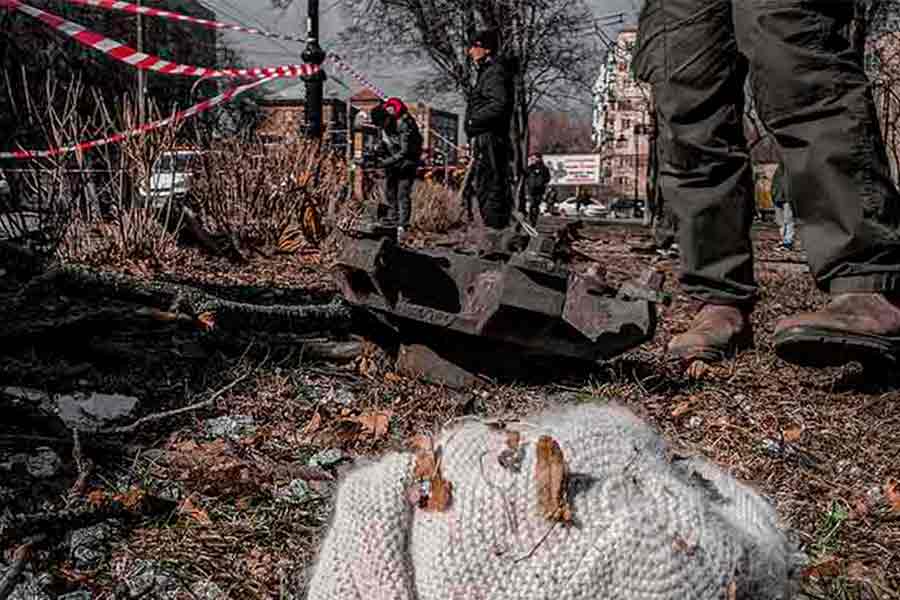
Biopsychosocial impact of living in a conflict zone
According to the psychologist, wars affect the biopsychosocial aspect and wellbeing of children.
She explained that this happens because there is an authority they cannot defend themselves against, and they become victims of the aggression in the environment.
“Children don’t understand the reason for the war very well and often both adolescents and children are the first to be affected in terms of their emotional and physical health.”
“Their wellbeing is altered by the death of people close to them, by seeing others wounded, by the disabilities caused by injuries, but above all by some of them becoming displaced and orphaned,” said Gabriela.
Wars affect the biopsychosocial aspect and wellbeing of children.
According to the psychologist, separation from family is the greatest violence they face, and this generates psychosocial trauma, fear, and anxiety.
“They don’t have a way to defend themselves and can begin to experience a loss of emotional control,” she pointed out.
The family’s role in dealing with the subject of war
According to Garza, who is also an emotional counselor, it is adults who have the responsibility of caring for the most vulnerable people in these conflicts, whether they live through it themselves or experience it from a distance.
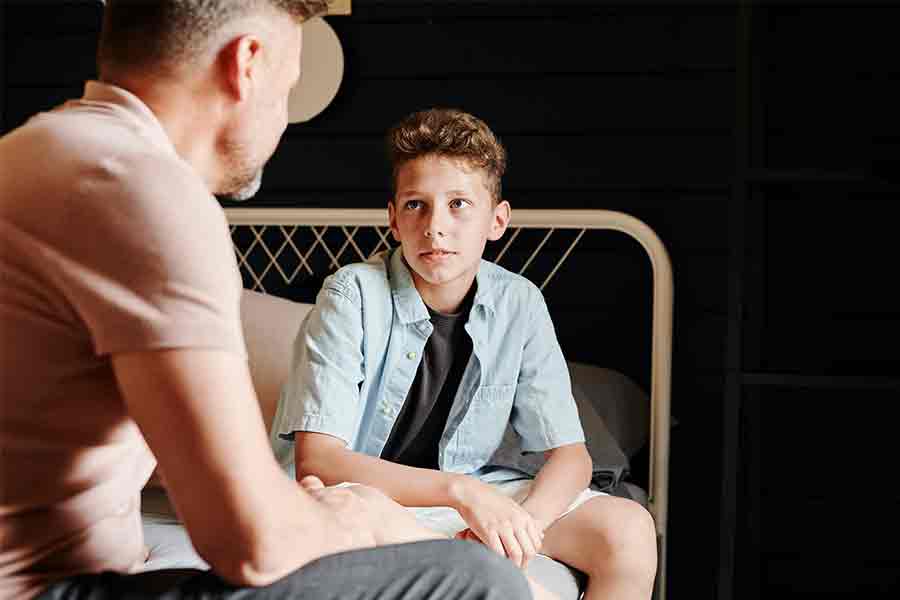
For Garza, children, adolescents, and the elderly are the populations most vulnerable to war, and she reiterated that family stability is the main responsibility of adults:
“Family is the first support network that is always going to help children overcome the psychological impact.”
The specialist explained that children come to know what a war involves from different people or situations and at different levels.
She added that there will be different amounts of information they will be exposed to but pointed out that as adults we need to listen to them and wait for them to ask to talk about it.
It is adults who have the responsibility of caring for the most vulnerable people in these conflicts.
“How information is given about what is happening should be determined according to the child’s age and level of maturity. It’s better to give it when they ask for it rather than withholding it or bringing up the conversation ourselves as adults.”
“If they ask, the best thing to do is to give them the information about these situations. That’s when the parents’ point of view on the subject is very relevant since it’s what they are going to perceive as the only truth,” the teacher said.
Give information according to the child’s level of maturity
For the academic, there is no one-size-fits-all rule when it comes to talking about the war with children.
She said that it is important to know how old the child is, what information they have, how much information you can give them that won’t affect them, and what their ability to understand is.

“We’re the ones who know our children best. Of course, it has to do with the child’s age and their level of psychological maturity. There are children the same age who are more psychologically mature than others,” said Gabriela Garza.
Normally, the psychologist explains, we can tell if something has affected children when they demonstrate regressive behaviors such as losing sphincter control or showing sleep problems.
“You need to be very attentive to them and their behavior. You need to talk to them and listen to them. The difference with adults is that we’ve already completed a stage of psychosocial development, while they’re still in that process”, she said.
The bottom line: speak to them with transparency, respect, and human dignity
In Professor Garza’s opinion, it is fundamental when addressing issues of conflict to speak with transparency, respect, and human dignity, while also promoting a culture of peace.
“Always speaking truthfully will help give children more critical thinking skills and more confidence in their own thoughts and in their own positions as they get older.”
There is no one-size-fits-all rule when it comes to talking about the war with children.
She says another fundamental aspect is to be very respectful and to function as an information filter based on the norms, values, and attitudes the family has established.
“What they think is important even if it’s different from what you think. It gives children importance and lets them know they are worthy of respect and helps their self-esteem.”
“Parents have their own stories, biographies, and personalities. What we need to do is be consistent”, advised the therapist.
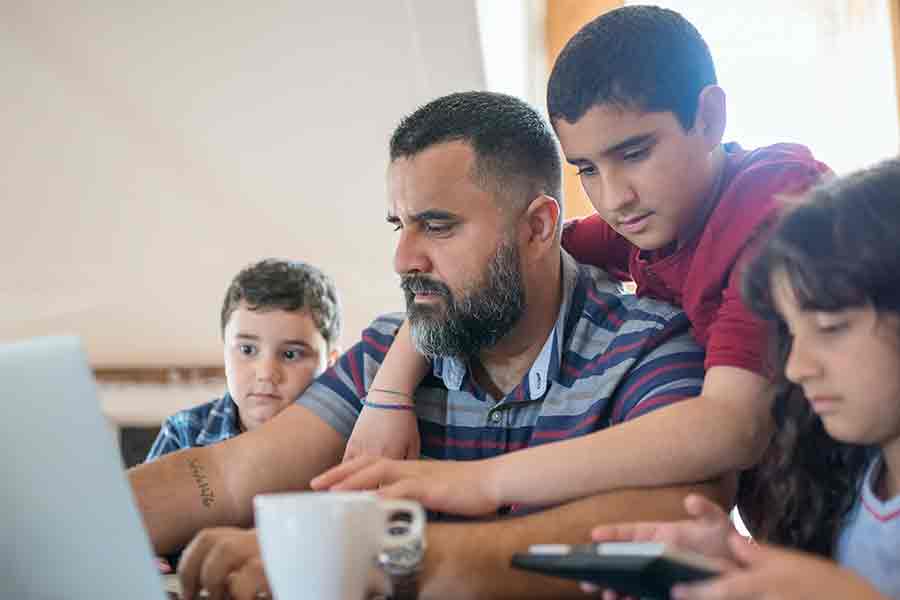
The professor also said that these moments are opportunities to promote a culture of peace through various concepts.
One is that of transparency, speaking truthfully about the situation, and teaching the next generations that they can become creators and promoters of peace.
Finally, she says that we can do a lot when we see a child or adolescent affected in some way by war:
“We must speak to them with love, solidarity, empathy, trust, and compassion.”
READ MORE:

